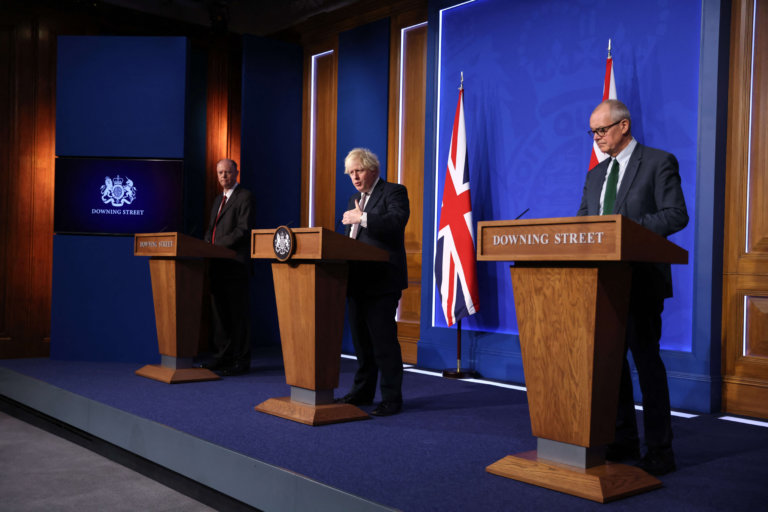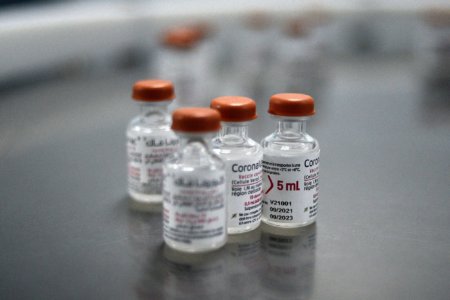
Are you an international student who is planning to study abroad in the UK? The Omicron COVID-19 strain — which was first discovered in southern Africa — has been detected in Britain and represents a fresh challenge to global efforts to contain the pandemic. UK Prime Minister Boris Johnson announced steps to contain the virus, including new UK travel restrictions. So, what do incoming international students need to know? Here’s an update:
UK travel restrictions: What we know
On Saturday, Johnson announced new temporary and precautionary measures following the emergence of the Omicron variant in the UK, which includes reintroducing mask mandates and PCR tests for international arrivals.
UK has red-listed several African countries. Health Secretary Sajid Javid said new COVID-19 rules would be enforced from Tuesday, including mandatory mask-wearing in shops and on public transport in England, and tighter restrictions on passengers arriving from abroad.
The mandatory use of face masks in public places were scrapped in July but have remained mandatory on public transport and in many indoor spaces in Scotland, Wales and Northern Ireland.
As of Nov. 29, 2021, UK has red-list 10 African countries to curb the spread of the Omicron variant:
- Angola
- Botswana
- Eswatini
- Lesotho
- Malawi
- Mozambique
- Namibia
- South Africa
- Zambia
- Zimbabwe
Due to the new UK travel restrictions, no one from these countries are allowed to enter unless they are UK or Irish nationals/residents. Returning residents would need to pay for and self-isolate in a pre-booked government-approved hotel for 10 days.
A long list of countries has already imposed travel restrictions on southern Africa, including key travel hub Qatar, as well as the US, Britain, Indonesia, Saudi Arabia, Kuwait and the Netherlands.
The head of the World Health Organization in Africa urged countries to follow the science rather than impose flight bans in a bid to contain the new Covid strain. “With the Omicron variant now detected in several regions of the world, putting in place travel bans that target Africa attacks global solidarity,” said WHO regional director Matshidiso Moeti.
What international students should know
Individuals or students travelling into the UK will have to take a PCR test, regardless of whether they are fully vaccinated or not. “We will require anyone who enters the UK to take a PCR test by the end of the second day after their arrival and to self-isolate until they have a negative result,” Johnson was quoted saying.
Those who had come into contact with people testing positive for a suspected case of Omicron must self-isolate for 10 days, Johnson said, adding the steps would be reviewed in three weeks.
In the same press conference, England’s Chief Medical Officer Chris Witty said that there was still much uncertainty around Omicron, but “there is a reasonable chance that at least there will be some degree of vaccine escape with this variant”.
The Department for Education is advising pupils in Year seven and above, as well as school staff and visitors, to wear face coverings in communal areas. The measure applies to education establishments in England including secondary schools, colleges and universities, as well as staff in childcare settings.
The announcements made regarding the travel restrictions were short on details and left many people, including international students, unclear about the new rules for the UK travel restrictions.
What is the Omicron variant?
The Omicron variant was first reported to WHO from South Africa on Nov. 24, 2021. The epidemiological situation in South Africa has been characterised by three distinct peaks in reported cases, the latest of which was predominantly the Delta variant, said WHO. The first known confirmed Omicron infection was from a specimen collected on Nov. 9, 2021.
Additional reporting by AFP.










